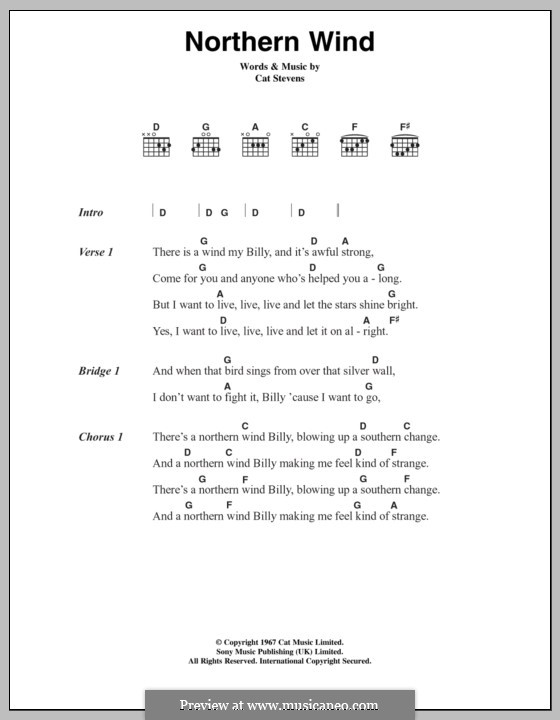
Until, that is, Righi performed in L’Aquila, a city devastated by an earthquake in 2009, “three or four years ago.” But it did not seem that “L’Estate Sta Finendo” would be one of them. Righeira did write songs at the time that were adopted by fans - “No Tengo Dinero,” the group’s other major success, was picked up by Roma as a serenade to Toninho Cerezo, a Brazilian midfielder, when the song was first released. In 1985, it was a hit in Italy, reaching the top of the charts there and picking up airplay in Germany and Switzerland.

That is a time when loves come to an end, when you know you will not see people ever again. “It is about the end of the summer, the end of the holidays, the start of school, the start of the year. “It was written when I was 20,” Stefano Righi - better known by his stage name, Johnson Righeira - said of the song he and his partner, Stefano Rota, wrote in the 1980s. What makes “L’Estate Sta Finendo” different, though, is that its dissemination, and its transformation, occurred almost entirely online. It is not the first chant to have such a winding background: A recent documentary by Copa90 described how “Dale Cavese” - another favorite of a minor Italian team - was adopted from Argentina, popularised and eventually taken up by fans in dozens of countries. “L’Estate Sta Finendo” did not simply morph into “Allez Allez Allez.” Its journey was circuitous, spreading from L’Aquila, a small city in Abruzzo, in southern Italy, to Turin and Naples and then on, out into the world, to Portugal and Germany, before arriving in Liverpool. How the former became the latter, though, how a slice of 1980s Europop became a 21st century Anfield anthem, is a story about the power of YouTube, about the internationalization of the fan experience and about how a melancholy song about the pain of growing up has, three decades on, been given a new life by soccer’s digital culture.

Liverpool’s fans do not know it as that, of course: In England, it is simply “Allez Allez Allez,” the tune that has provided the jubilant soundtrack to Liverpool’s journey to Kiev this week, to its meeting with Real Madrid in Saturday’s Champions League final. Those who lingered might have wondered why, exactly, Liverpool’s fans were celebrating their finest moment in more than a decade by bouncing, twirling their scarves and singing what appeared to be “L’Estate Sta Finendo” (“The Summer Is Ending”), a 1985 hit for the Italian disco duo Righeira. Most of the Roma fans had started for home. When the game ended, when AS Roma had fallen just short, there was a moment of something close to silence: as if everyone were checking the math, making sure Liverpool really had beaten its host, 7-6 on aggregate, and had reached its first Champions League final in more than a decade.Īs the achievement sank in, as Liverpool’s players ran over to the corner of the Stadio Olimpico where the traveling fans had been corralled, another song started, much louder this time, more joyous.

It was ritual, distraction and prayer: They started with “You’ll Never Walk Alone,” the club’s hymn, switched to “The Fields of Anfield Road” and then, finally, sang, “We Shall Not Be Moved.”

In those last, fretful minutes in Rome, when every second felt like an age and the final whistle seemed as though it would never come, Liverpool’s fans sang to stave off the nerves.


 0 kommentar(er)
0 kommentar(er)
